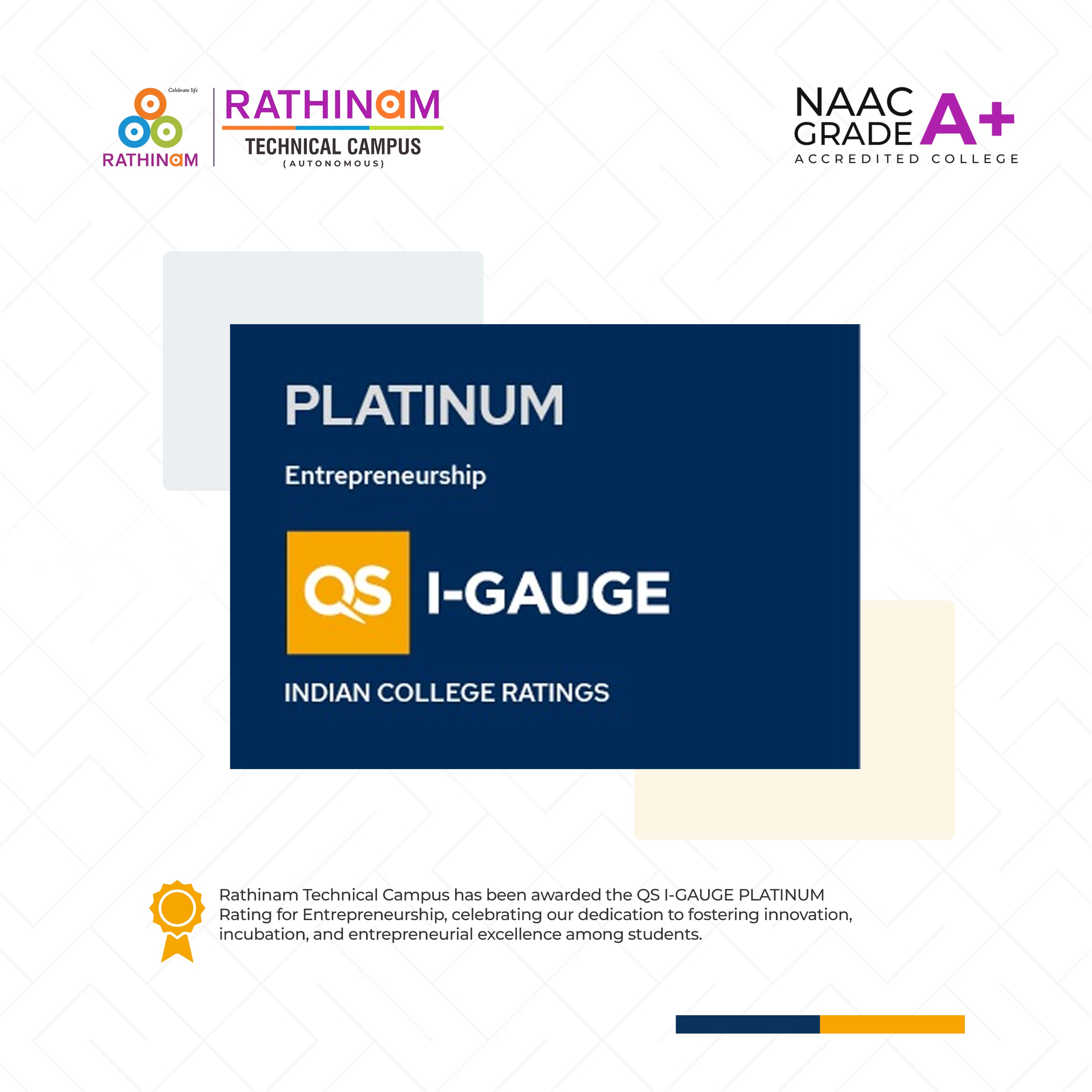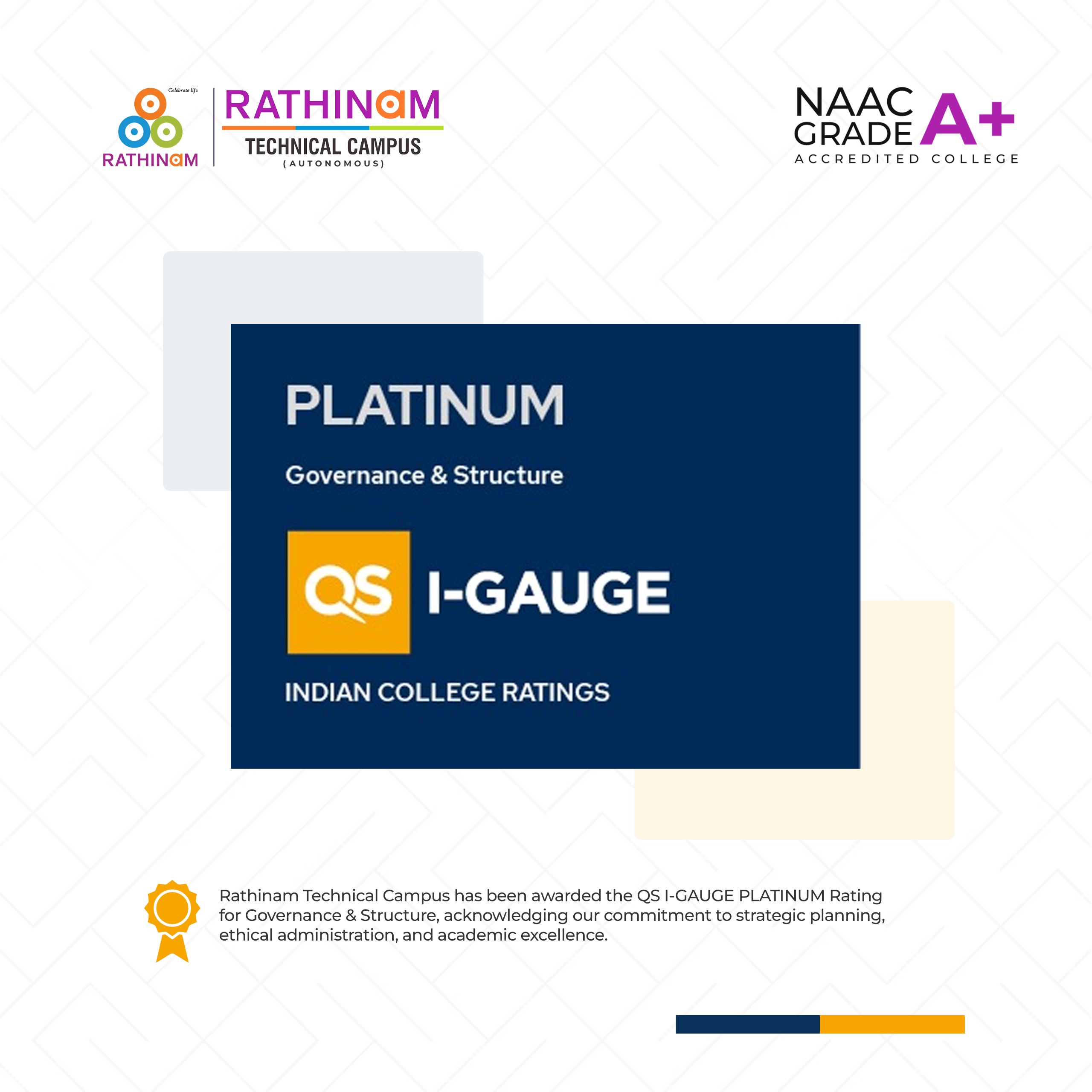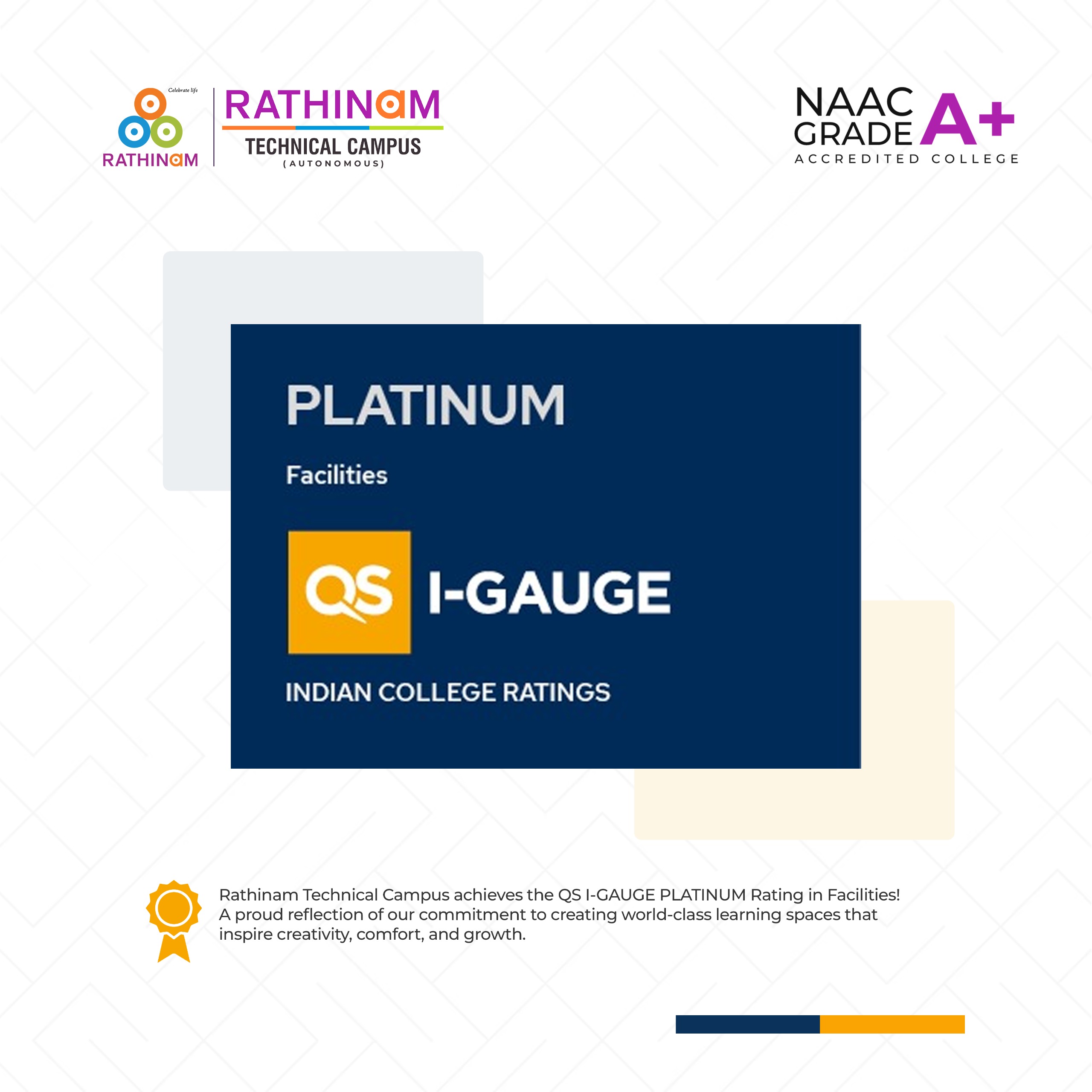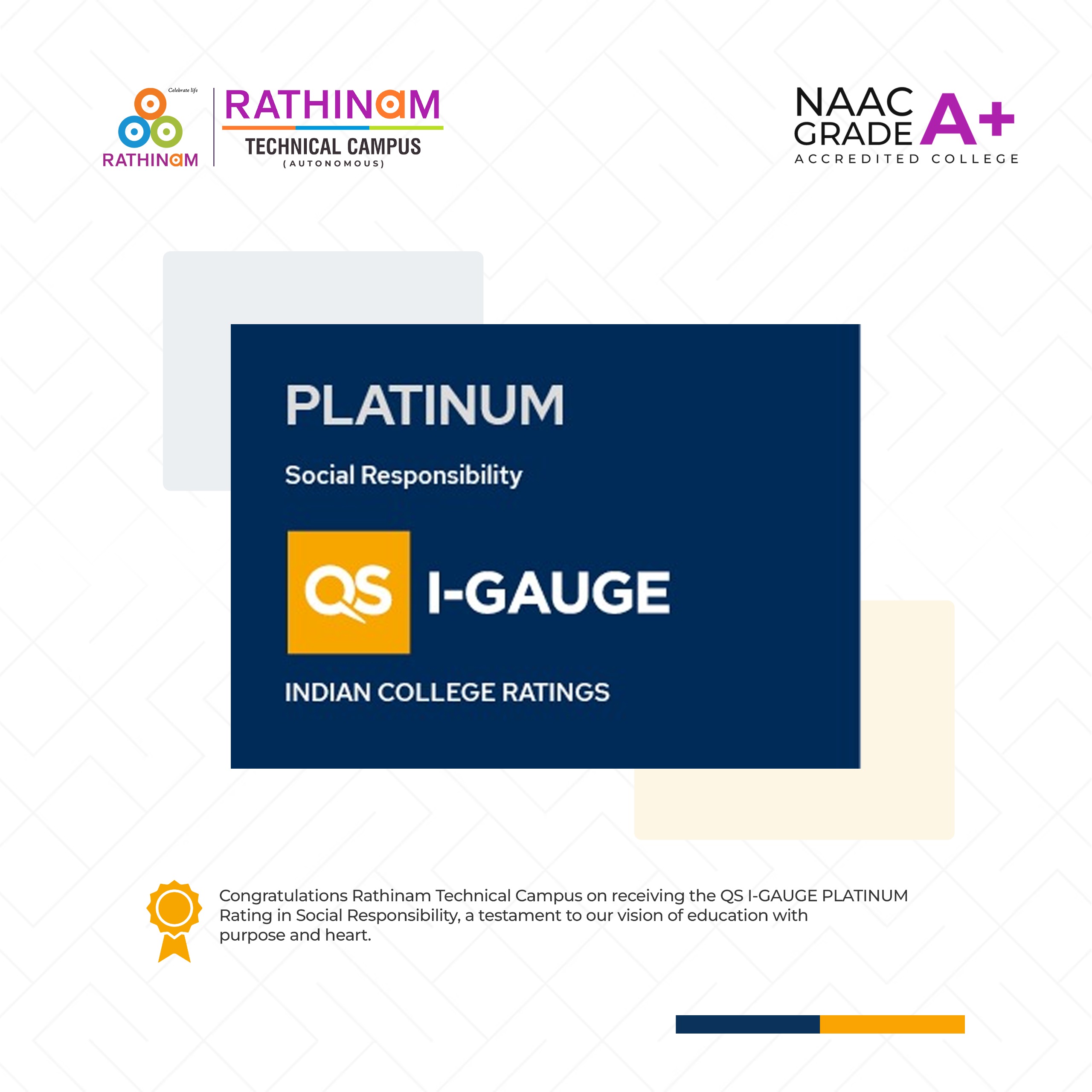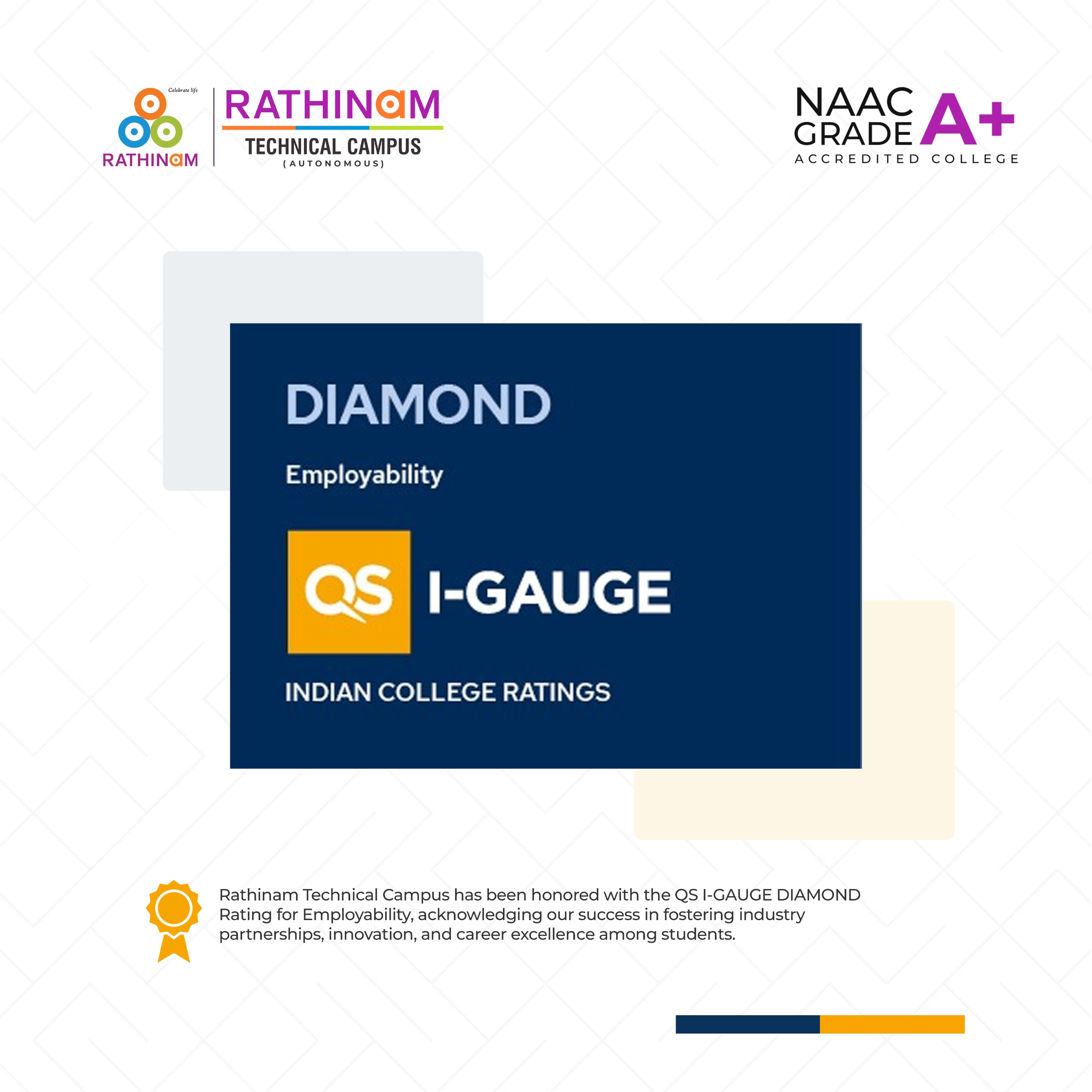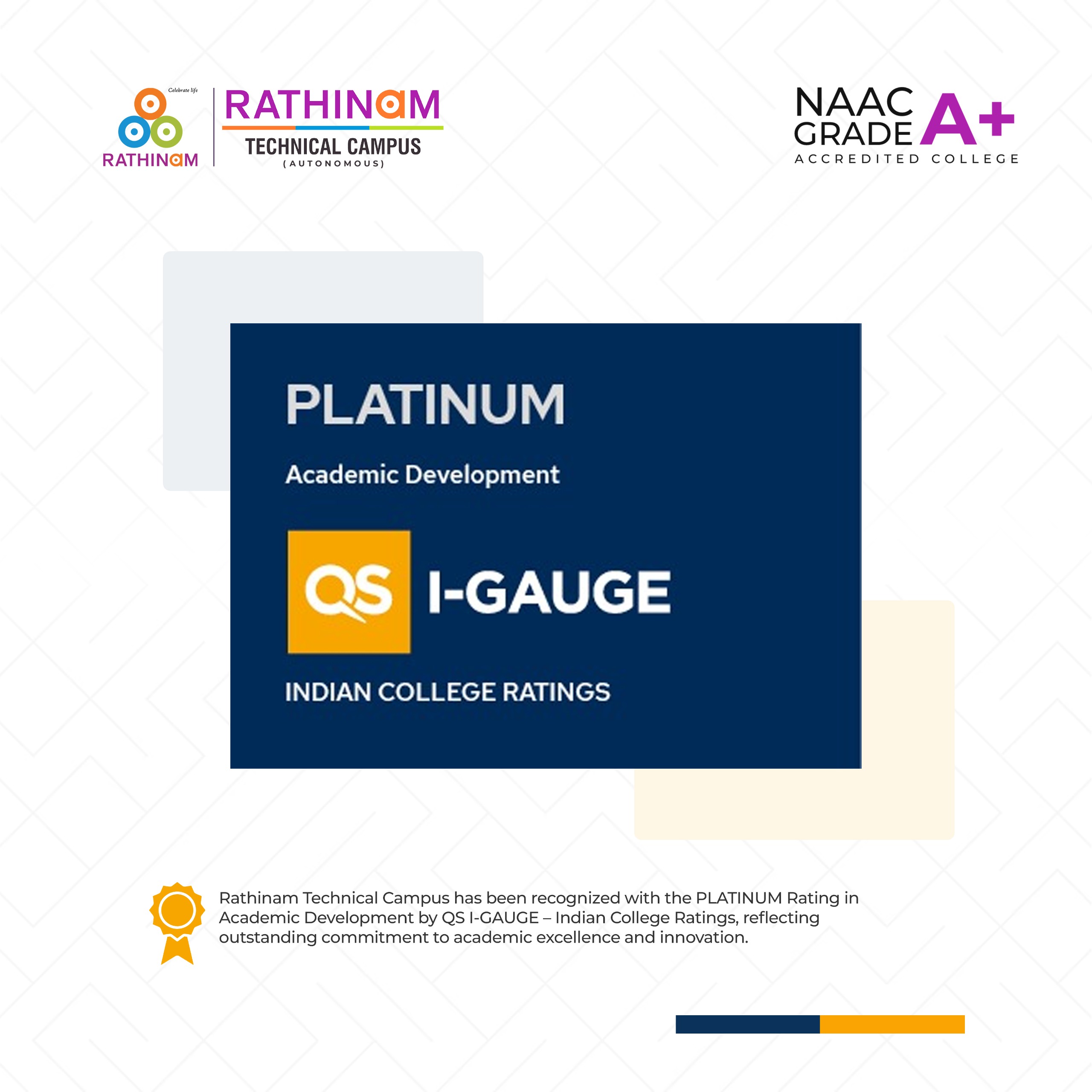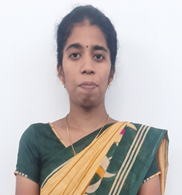Artificial Intelligence & Data Science Engineering
![]() Unleashing the Power of Data through Intelligent Algorithms.
Unleashing the Power of Data through Intelligent Algorithms.
Home / Artificial Intelligence & Data Science Engineering
Artificial Intelligence & Data Science

To impart quality education to stimulate academic excellence, research, and skills in students in the areas of data science and artificial intelligence at national and global levels to build an ecosystem to contribute significantly to society.
M1. Develop technically competent and socially responsible professionals.
M2. Inculcate professional ethics, human values, leadership qualities and lifelong learning.
M3. To prepare students to excel in the field of artificial intelligence through collaboration with the ai expertise via the centre of excellence.
M4. Inspire students to develop their ideas into products and transforming them into aspirant ai professionals and entrepreneurs.

- PEO1: To provide graduates with the proficiency to utilize the fundamental knowledge of basic sciences, mathematics, Artificial Intelligence, data science, and statistics to build systems that require management and analysis of a large volume of data.
- PEO2: To enrich graduates with the necessary technical skills to pursue pioneering research in the field of AI and Data Science and create disruptive and sustainable solutions for the welfare of ecosystems.
- PEO3:To enable graduates to think logically, pursue lifelong learning, and collaborate with an ethical attitude in a multidisciplinary team.
PO2: Problem analysis Identify, formulate, review research literature, and analyze complex engineering problems reaching substantiated conclusions using first principles of mathematics, natural sciences, and engineering sciences.
PO3: Design/development of solutions Design solutions for complex engineering problems and design system components or processes that meet the specified needs with appropriate consideration for the public health and safety, and the cultural, societal, and environmental considerations.
PO4: Conduct investigations of complex problems Use research-based knowledge and research methods including design of experiments, analysis and interpretation of data, and synthesis of the information to provide valid conclusions.
PO5: Modern tool usage Create, select, and apply appropriate techniques, resources, and modern engineering and IT tools including prediction and modeling to complex engineering activities with an understanding of the limitations.
PO6: The engineer and society Apply reasoning informed by the contextual knowledge to assess societal, health, safety, legal and cultural issues and the consequent responsibilities relevant to the professional engineering practice.
PO7: Environment and sustainability Understand the impact of the professional engineering solutions in societal and environmental contexts, and demonstrate the knowledge of, and need for sustainable development.
PO8: Ethics Apply ethical principles and commit to professional ethics and responsibilities and norms of the engineering practice.
PO9: Individual and team work Function effectively as an individual, and as a member or leader in diverse teams, and in multidisciplinary settings.
PO10: Communication Communicate effectively on complex engineering activities with the engineering community and with society at large, such as, being able to comprehend and write effective reports and design documentation, make effective presentations, and give and receive clear instructions.
PO11: Project management and finance Demonstrate knowledge and understanding of the engineering and management principles and apply these to one’s own work, as a member and leader in a team, to manage projects and in multidisciplinary environments.
PO12: Life-long learning Recognize the need for, and have the preparation and ability to engage in independent and life-long learning in the broadest context of technological change.
| PSO1 | Graduates should be able to evolve AI based efficient domain specific processes for effective decision making in several domains such as business and governance domains |
| PSO2 | Graduates should be able to arrive at actionable Fore sight, Insight , hind sight from data for solving business and engineering problems |
| PSO3 | Graduates should be able to create, select and apply the theoretical knowledge of AI and Data Analytics along with practical industrial tools and techniques to manage and solve wicked societal problems |
Lab Facilities

Data Structures Design Laboratory

Artificial Intelligence Laboratory

Database Design and Management Laboratory

Data Science and Analytics Laboratory

Machine Learning Laboratory

Deep Learning Laboratory
VERTICALS OFFERED
Vertical I : Verticals for AIDS I
Vertical II : Full Stack Development for IT
Vertical III : Cloud Computing and Data Center Technologies
Vertical IV : Cyber Security and Data Privacy
Vertical V : Creative Media
Vertical VI : Emerging Technologies
Vertical VII : Verticals for AIDS II
Faculty Details
| S. No | Faculty ID | Title | Faculty Name | Designation | Course Type | Course Name |
|---|---|---|---|---|---|---|
| 1 | 274698 | Ms | AJINA.H | Assistant Professor | B.Tech. | Artificial Intelligence and Data Science |
| 2 | 286085 | Mrs | AKILESHWARI.R | Assistant Professor | B.Tech. | Artificial Intelligence and Data Science |
| 3 | 285077 | Dr | ANANTHI.J | Associate Professor | B.Tech. | Artificial Intelligence and Data Science |
| 4 | 280041 | Dr | ANNAPOORANI.B | Associate Professor | B.Tech. | Artificial Intelligence and Data Science |
| 5 | 292936 | Ms | ARCHANA.S | Assistant Professor | B.Tech. | Artificial Intelligence and Data Science |
| 6 | 274589 | Dr | ARULMOZHI.V | Associate Professor | B.Tech. | Artificial Intelligence and Data Science |
| 7 | 269374 | Ms | G.RADHA | Assistant Professor | B.Tech. | Artificial Intelligence and Data Science |
| 8 | 311254 | Ms | GOWTHAMI.B | Assistant Professor | B.Tech. | Artificial Intelligence and Data Science |
| 9 | 312613 | Mrs | KAMATCHI.G | Assistant Professor | B.Tech. | Artificial Intelligence and Data Science |
| 10 | 282869 | Ms | MYTHILY.S | Assistant Professor | B.Tech. | Artificial Intelligence and Data Science |
| 11 | 322653 | Mr | PARTHIBAN.M | Assistant Professor | B.Tech. | Artificial Intelligence and Data Science |
| 12 | 269219 | Mrs | RAJATHI.S | Assistant Professor | B.Tech. | Artificial Intelligence and Data Science |
| 13 | 281948 | Mrs | RESHMA NIZAR.AHAMED | Assistant Professor | B.Tech. | Artificial Intelligence and Data Science |
| 14 | 317126 | Ms | ROSALIN NANCY.R | Assistant Professor | B.Tech. | Artificial Intelligence and Data Science |
| 15 | 323391 | Ms | SNEGA PRIYANKA.J S | Assistant Professor | B.Tech. | Artificial Intelligence and Data Science |
| 16 | 322437 | Ms | SUGANYA.N | Assistant Professor | B.Tech. | Artificial Intelligence and Data Science |
| 17 | 266108 | Dr | THAMIL SELVI.C P | Professor | B.Tech. | Artificial Intelligence and Data Science |
| 18 | 323956 | Ms | VANITHA.A | Assistant Professor | B.Tech. | Artificial Intelligence and Data Science |






